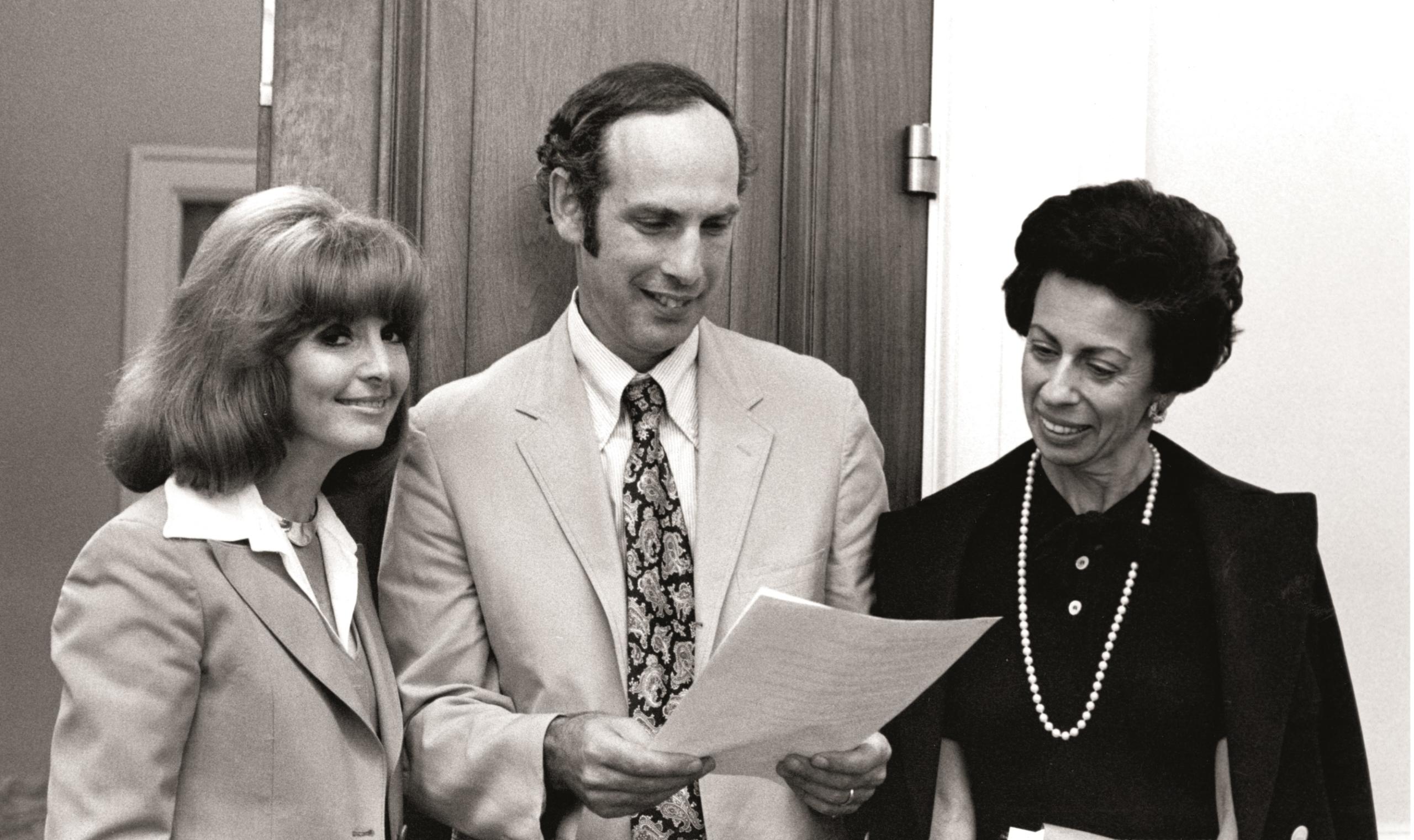
It was 1970 and Lee Ducat’s son had just been diagnosed with a disease she had never heard of: juvenile diabetes (now known as type 1 diabetes or T1D).
The very words chilled her to the core.
“I remember crying every night thinking about this 9–year–old boy who would have to live a life with diabetes. Finally, I told myself: ‘you better do something Ducat.’”
Then, after a doctor told her that with enough money, scientists could cure the disease impacting her son, Lee put away her tissues. 
“I said, well, if money is all you need, we’ll get the money to cure diabetes!”
She began finding and contacting other Philadelphia families who also had children with T1D (at the time called “juvenile diabetes” because it was believed it only affected children). Her aim, starting with one cocktail party on May 21, 1970, was to raise money to support the research of T1D – to help her son and every child affected.
“It was on that evening that the Juvenile Diabetes Foundation was born.”
At the same time, in New York, another family was following a parallel course.
Carol and her husband Erwin Lurie were seeking out families in their area who also were struggling with a diagnosis they were told would last a lifetime. Their son was 10 and diagnosed at summer camp.
“Our world caved in for a while,” Carol said. “It was the first time I saw my husband cry.”
Carol quickly connected with Lee. “She had the heart, the moxie to never to take ‘no’ for an answer.”
Together, the two became an unstoppable force. Edwin, who often traveled for business, made it a point to find and connect with other T1D families across the nation. He recruited them and those they knew to volunteer, which resulted in the establishment of BreakthroughT1D’s first 10 chapters.
“I will never forget those calls from my kitchen to hers as we cooked dinner for our families talking about ‘what do we do next?’” Lee said.
Next, was Washington, D.C. The two moms, turned partners, carried the stories of their children and of so many other families into the offices of top government leaders.
“We hit Washington,” Carol said. “We began to see congressmen and senators.”
Their work began what is now an ongoing campaign to ensure federal support for diabetes research.
“I learned that you could get more money for research in one day from the federal government than you could get from a year of fundraising,” Lee said.
The national and international strength and reach of Breakthrough T1D grew from their early work.
“We wanted to deal with reality, and the only reality we saw, was to do something about this life-changing diagnosis – to get as much research going as possible,” Lee said.
They were two moms who stood up, joined forces and brought others together into what is now a growing, supporting community. They wanted to do more than just live with their diagnosis. They wanted to make the world see how T1D affects those impacted by the disease. They wanted to form a community that would improve diabetes management and support research that could cure T1D.
“What drives us as parents is the love we have for our children and the passionate hope that there is a cure out there and it’s within reach.”
Carol passed away in 2013, but her impact on the T1D community is everlasting.
Lee resides in Pennsylvania and is the honoree of the upcoming reimagined 2020 Promise Ball in Philadelphia.
This story and quotes are a compilation from Breakthrough T1D archives.